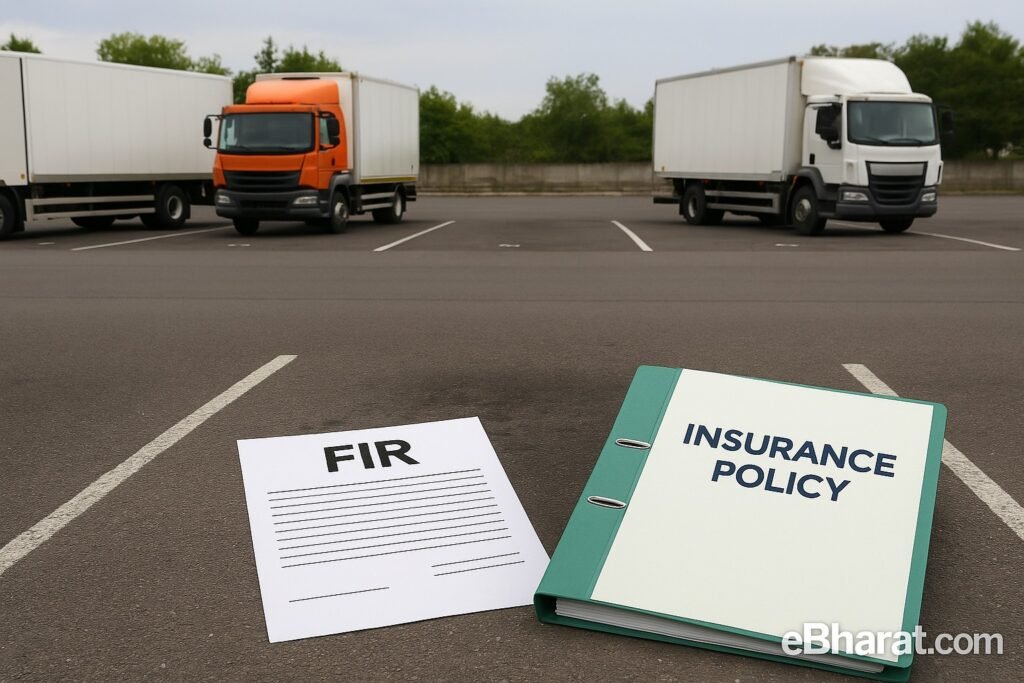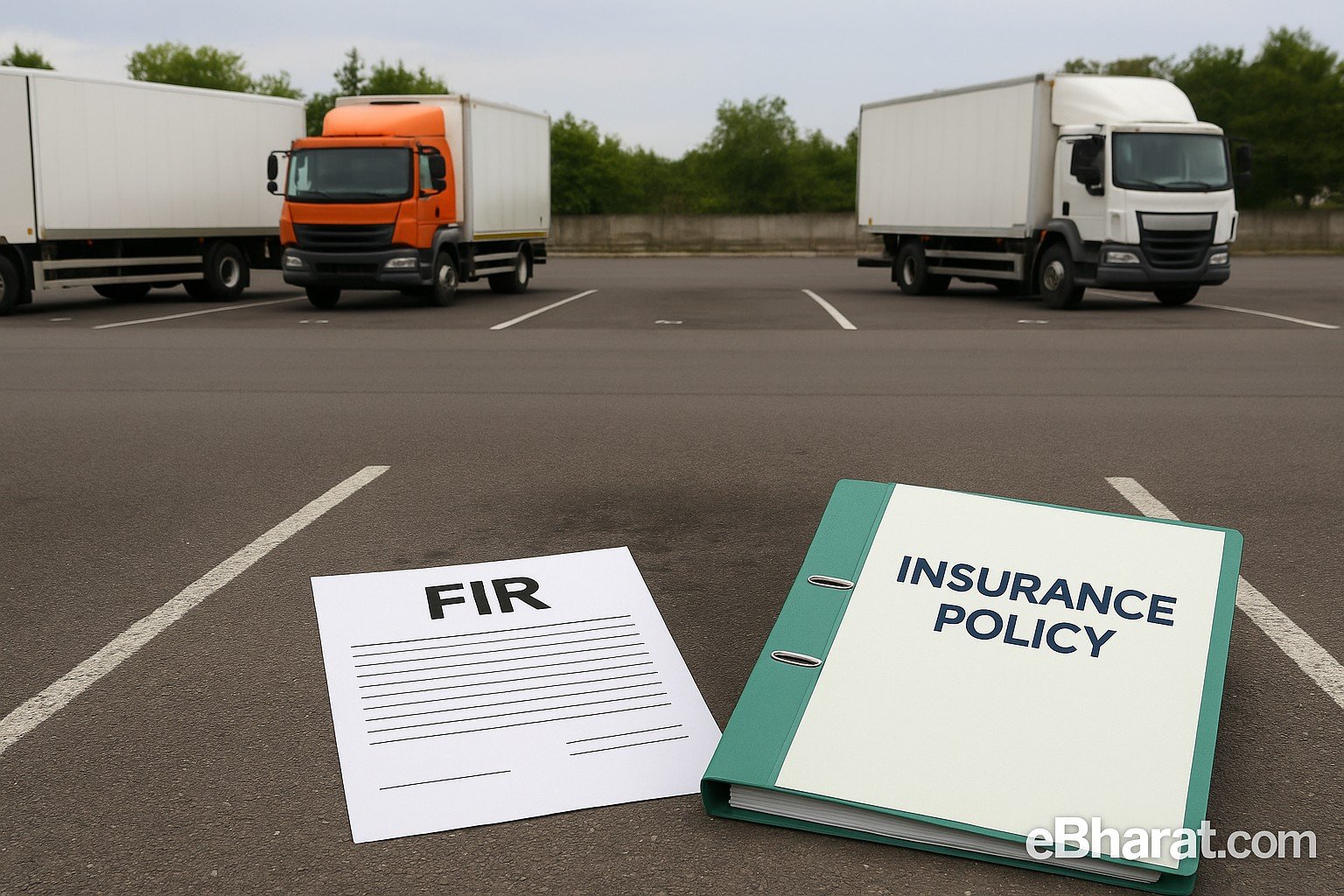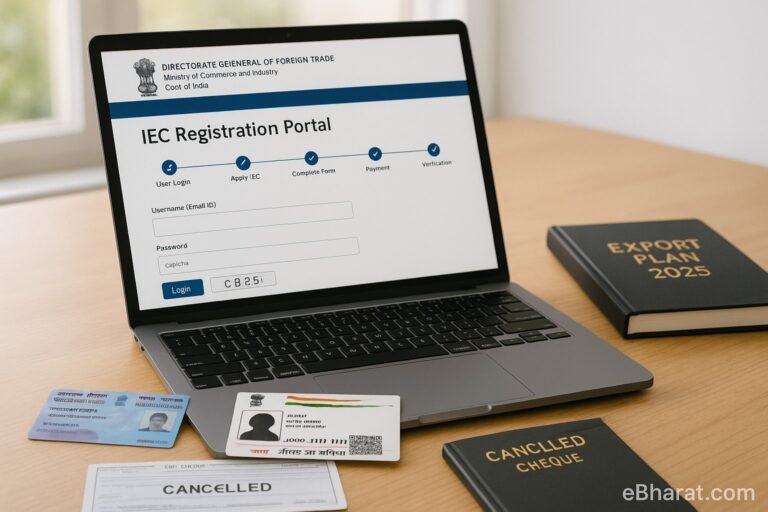
A recent ruling by the Ghaziabad District Consumer Disputes Redressal Commission held that an insurer must compensate 75% of the insured declared value (IDV), plus ₹5,000 for distress, after a Tata 407 truck was stolen just four days before the policy expired. New India Assurance had initially paid only ₹5.3 lakh and refused the balance, citing policy agreements. The forum ruled such technical arguments cannot override consumer rights.
| Detail | Value |
|---|---|
| Vehicle | Tata 407 Pickup |
| IDV | ₹7.30 lakh |
| Awarded Compensation | ₹5.46 lakh (75% IDV) |
| Additional Relief | ₹5,000 for mental distress |
| Insurance Company | New India Assurance |
| Forum | Ghaziabad DCDRC |
Lalman Singh’s Tata 407 was stolen on June 26, 2014. His comprehensive insurance policy expired on June 30. The insurer had released ₹5.3 lakh but refused the rest, citing a signed settlement agreement. The forum rejected this, citing precedents, and directed full 75% IDV payout plus ₹5,000 for delay and harassment. They’ll owe 6% annual interest if delayed.
Source: The Times of India
Legal Precedents & Policy Background
The commission cited a Supreme Court judgment from the 2008 National Insurance vs Nitin Khandelwal case, ruling that even if policy conditions are breached, insurers must pay 75% of IDV on a “non-standard” basis—especially in theft cases without gross negligence.
Similar rulings across India confirm that delays in FIR filing or perceived procedural lapses cannot be used to deny claims if the vehicle owner has reasonably informed the police and insurer. In a landmark Vadodara case, a delayed FIR (filed 10 months after theft) still resulted in insurance payout and consumer compensation.
Why This Case Is Important
- Consumer Protection Strengthened: Insurers cannot use minor technicalities to repudiate theft claims.
- Precedent for Vulnerable Cases: Small businesses and transport operators are now more protected.
- Judicial Reinforcement: Courts reaffirm that indemnity obligations remain intact unless gross breach by insured is evident.
This ruling reinforces that insurance promises hold weight—ensuring genuine policyholders receive due compensation even in the face of policy expiry or technical delays.
Cases like this highlight the critical role of consumer forums in ensuring fairness between insurers and policyholders. They set a precedent that technicalities or settlement clauses cannot be used to deny genuine claims, especially when the insured has complied with reporting and documentation requirements. For another example of consumer protection in action, see Ghaziabad Dealer Ordered to Pay ₹7.5 Lakh for Delayed Two-Wheeler Insurance Processing.













